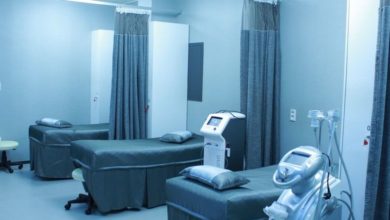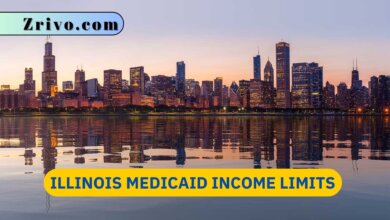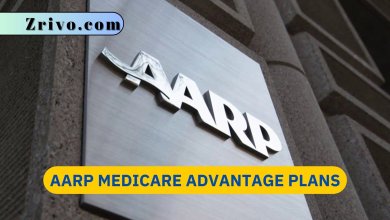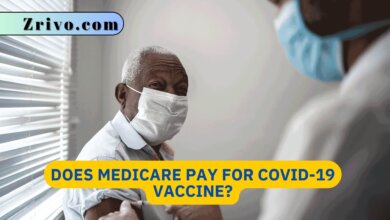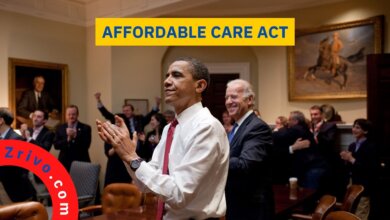NC Medicaid Preferred Drug List
Medicaid beneficiaries have unique needs for the medications they take. NC Medicaid has implemented a Preferred Drug List (PDL) to address these needs.
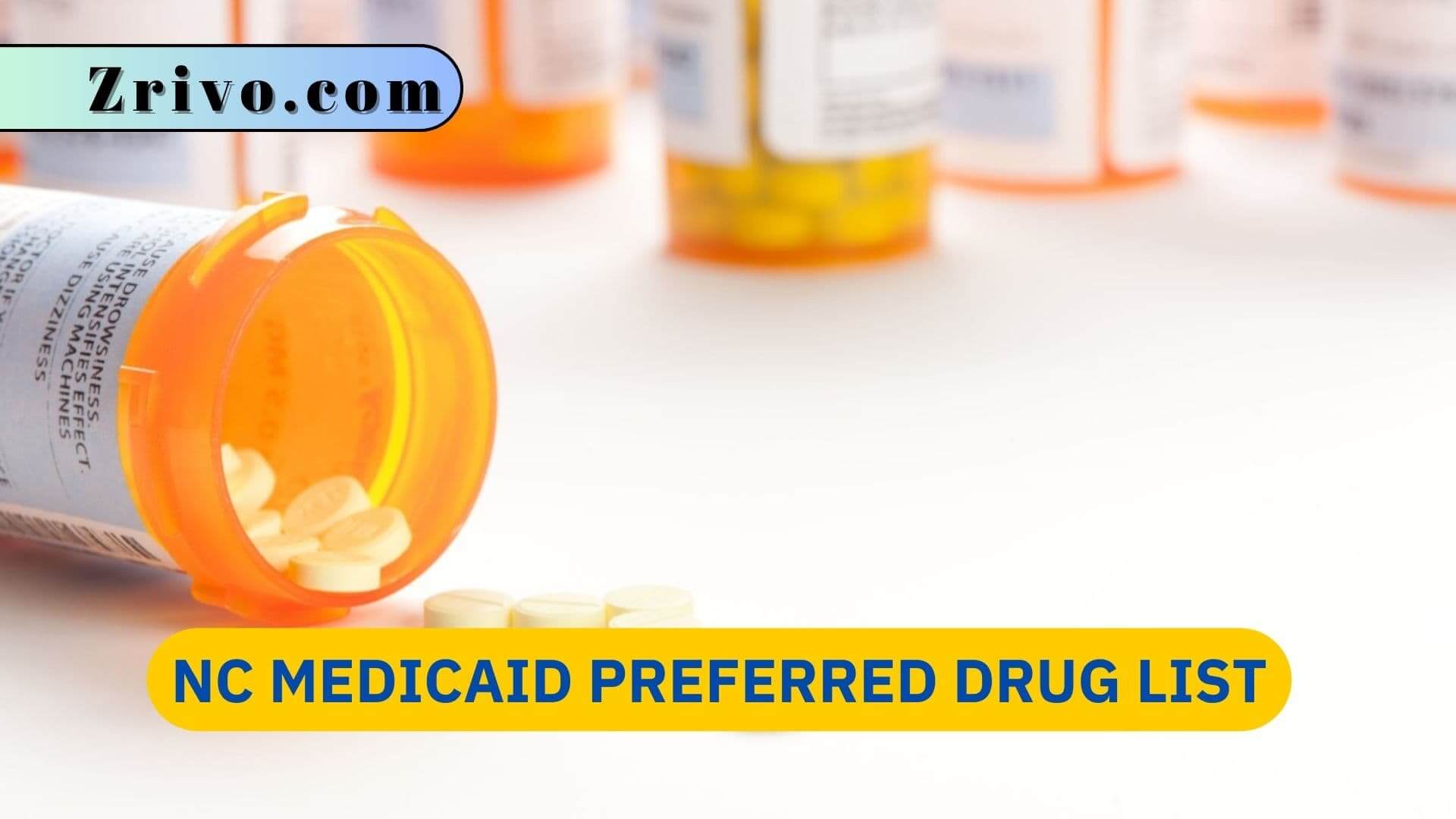
NC Medicaid uses a preferred drug list (PDL) to help reduce costs and ensure that medications are safe, effective, and used as prescribed. A PDL is a list of medications that have been recommended by the Pharmacy and Therapeutics Committee to be the best options for specific medical conditions or treatments. The goal is to promote the use of less expensive generic medications or more cost-effective innovative drugs that are equivalent in efficacy and safety. In addition to reducing the number of prescriptions filled, the PDL also helps control Medicaid expenditures by providing incentives for physicians to switch from higher-cost medications to lower-cost alternatives.
A PDL is similar to the drug formulary that has been implemented in many managed care organizations (MCOs) and private insurance companies. It limits the medication choices that are covered by a plan and requires doctors to prescribe generic alternatives or less costly new medications whenever possible but will cover the most expensive brand-name drugs if the physician feels there is no suitable alternative. However, doctors can still request a prior authorization (PA) for a non-preferred medication for their patients if the physician believes there is medical necessity.
The NC Medicaid PDL is divided into Preferred, Non-Preferred, and non-PDL medications. The Preferred tier contains the lowest-cost generic and brand-name medications, while the non-preferred tier includes moderate-cost medicines that are not recommended by the Pharmacy and Therapeutics Committee. The non-preferred tier is reserved for medicines not available in generic form when the patient has tried a PDL medication and has experienced a lack of response or when a physician can document that the lower-cost alternative is no longer effective.

Does NC Medicaid Pay for Prescription Drugs?
The NC Medicaid program supports the health and wellbeing of more than 2.3 million North Carolinians of all ages. It is one of the largest payers for health care in the United States and pays for a wide range of services. These include providing prescription drug coverage for beneficiaries, as well as comprehensive hospital and physician care. It also provides a number of support services, such as housing resources, food aid, and legal assistance.
Some states are exploring using preferred drug lists (PDLs) or formularies to offset some of their drug costs through additional rebates. A PDL can be used to encourage providers to prescribe certain drugs over others and may contain tiers of different cost levels. Some tiers are higher cost than others, and some drugs require prior authorization from a doctor before they can be covered by the plan.
Medications covered by the NC Medicaid program depend on the clinical need for each medication and the drug’s cost. The PDL reflects the most recent information available on the efficacy and safety of the medication. The PDL also contains information on the manufacturer’s pricing agreement with the state, including the total rebate and the amount the PHP pays per unit of the drug.
In addition to the NC Medicaid Preferred Drug List, many people are eligible for prescription drug coverage through Medicare Advantage Plans that offer Part D. These are sometimes called MA-PDs.
